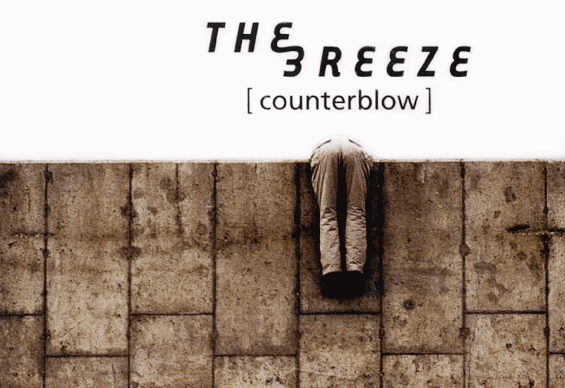These lyrics are more haunting and elegant than I expected. The speaker describes how he’s left in this suspended, dream-like state after his girlfriend leaves him. He connects to his dreams if she appears, and disconnects if she doesn’t. He closes his eyes in the dark and lets memories light his room. He visits places they frequented and projects holographic images of her. As a result of constantly being in a dreamlike state, he becomes an insomniac. After reflecting on why his girlfriend left him, the speaker has an epiphany that the center of the universe is love, life and he regrets being numb to existence. Weary of living in a dream world, he wants to break free from his haunting memories of her, but the cyclic structure of the lyrics’ narrative suggests that it’s as futile as his longing for her to return.
The elegance of these lyrics lies in its wordplay. The lyrics’ wordplay reinforces its motif of weariness. One example of wordplay would be the frequent use of the verb ending and end rhyme, “gon hae” (곤 해), which is a homophone for the Korean word for weary, “gonhae” (곤해). For example, when the speaker says, “I’m smoking,” it sounds like he’s saying, “I’m tired,” since in Korean “smoking” is a homophone for “tired” (담배를 피우곤 해). To backpedal a little, this is a pop song, and in general its lyrics are derivative and formulaic. But they are more interesting than I thought they would be.



